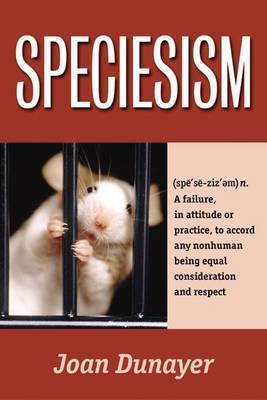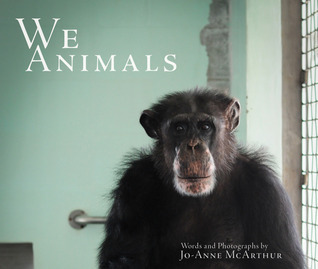
Speciesism
Book Description
Imagine a world where the value of a life hinges on species, not suffering. "Speciesism" by Joan Dunayer dives deep into the moral complexities of our treatment of animals, challenging societal norms and exposing the hidden injustices that pervade everyday choices. Each page is a powerful call to action—inviting readers to confront the uncomfortable truths about compassion and inequality. With clarity and conviction, Dunayer ignites a passionate exploration of ethics, urging a reexamination of what it truly means to respect all beings. How far will society go to uphold a hierarchy built on species?
Quick Book Summary
"Speciesism" by Joan Dunayer is a groundbreaking examination of how society privileges human interests over those of animals, often at the expense of justice and compassion. Dunayer explores the philosophical, ethical, and practical foundations of speciesism, questioning why humans consider themselves morally superior and entitled to exploit other sentient beings. She exposes the inconsistencies in animal protection laws and the limits of mainstream activism, arguing that most reforms preserve human dominion rather than challenge the fundamental prejudice of speciesism. Through logical analysis and poignant examples, Dunayer urges readers to extend the moral community to all sentient beings, advocating for veganism and true animal liberation. Her compelling arguments challenge readers to reevaluate their everyday choices and support a society built on equity for all creatures, regardless of species.
Summary of Key Ideas
Table of Contents
Defining Speciesism and Its Ethical Implications
Joan Dunayer opens her analysis by meticulously defining speciesism—the discrimination against beings based on their species membership. She draws parallels between speciesism and other forms of oppression, such as racism and sexism, making a forceful case that privileging humans over animals is both arbitrary and unjust. Dunayer scrutinizes the philosophical assumptions that underpin speciesist thinking, probing into why suffering experienced by animals is often minimized or ignored in moral considerations. Her argument establishes that genuine respect for life requires extending moral concern to all sentient beings, not just humans.
Challenging Human Exceptionalism
A central thread in Dunayer's work is the critique of human exceptionalism—the idea that humans are uniquely worthy of moral consideration. She deconstructs common rationalizations, such as intelligence or language ability, that are often used to justify human superiority. Dunayer demonstrates that these qualities do not morally distinguish humans from nonhumans in any meaningful way. Instead, the capacity to feel pain and experience well-being should be the relevant criteria for ethical regard, thereby dissolving the boundary that maintains human-animal hierarchy.
Critique of Animal Welfare Reforms
Dunayer critically evaluates mainstream animal welfare reforms, such as improved farming conditions or regulated animal testing. She argues that these measures, rather than eradicating exploitation, merely render it more palatable while still treating animals as resources for human use. Dunayer contends that such reforms reinforce the notion that animals exist for human benefit, thereby perpetuating speciesism. She urges that ethical consistency demands not incremental improvement, but the abolition of practices that treat sentient beings as property.
Veganism as Moral Baseline
The book advances veganism as the moral baseline for individuals and societies aiming to oppose speciesism. Dunayer asserts that abstaining from animal exploitation—whether for food, clothing, or experimentation—is the minimum requirement for respecting animal rights. Veganism, she argues, is not a matter of personal purity, but a moral imperative rooted in the rejection of unjust hierarchies. By choosing veganism, individuals demonstrate an active commitment to nonviolence and justice for all sentient beings.
Activism for Radical Change
Dunayer concludes with a powerful call for radical activism. She underscores the importance of challenging deeply rooted societal norms and advocating for the complete liberation of animals rather than settling for incremental change. Dunayer encourages activists to adopt uncompromising ethical positions and to shift public discourse from welfare to rights. Her vision is a world where compassion transcends species boundaries, and justice is not limited by arbitrary lines drawn between humans and other animals.
Download This Summary
Get a free PDF of this summary instantly — no email required.





